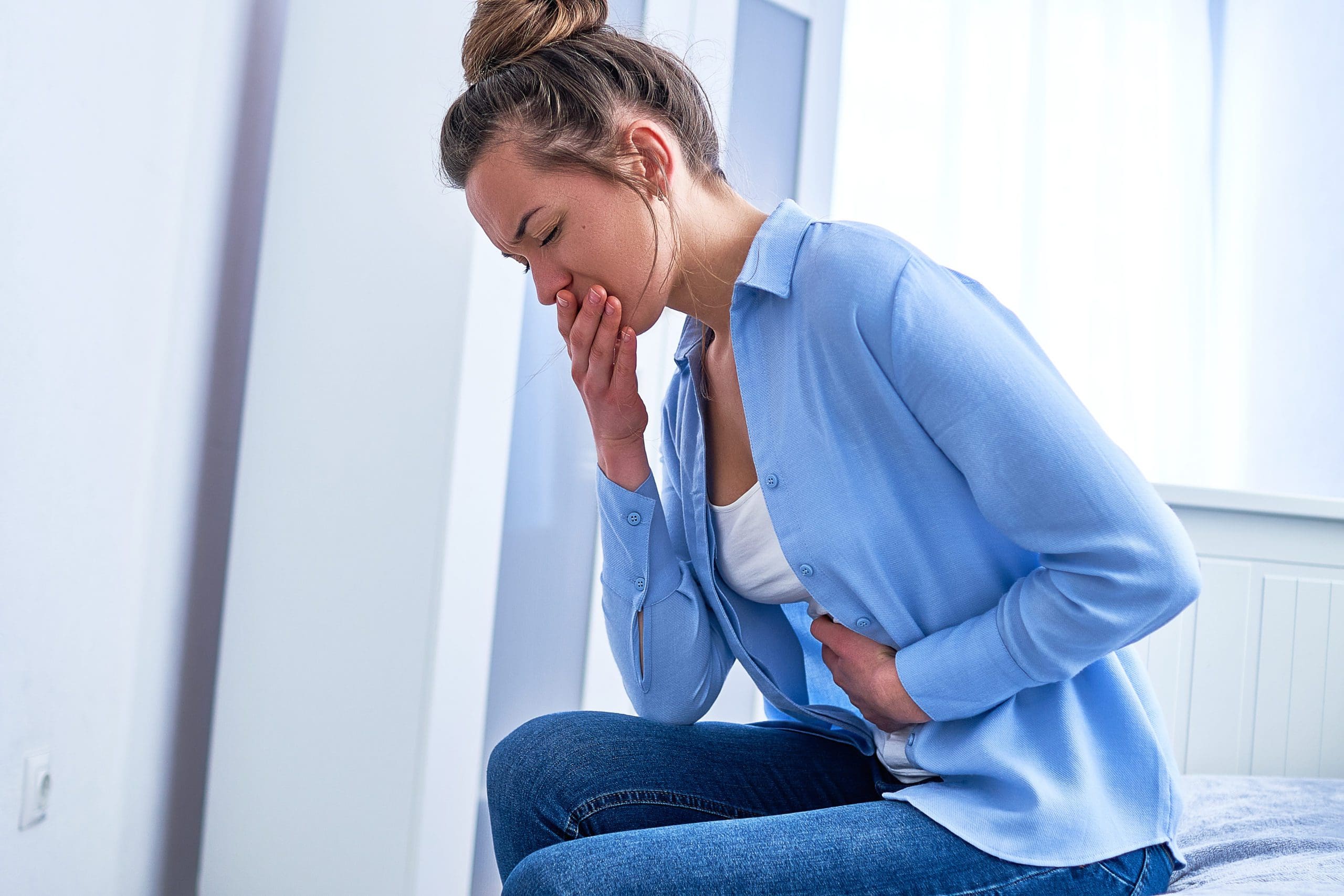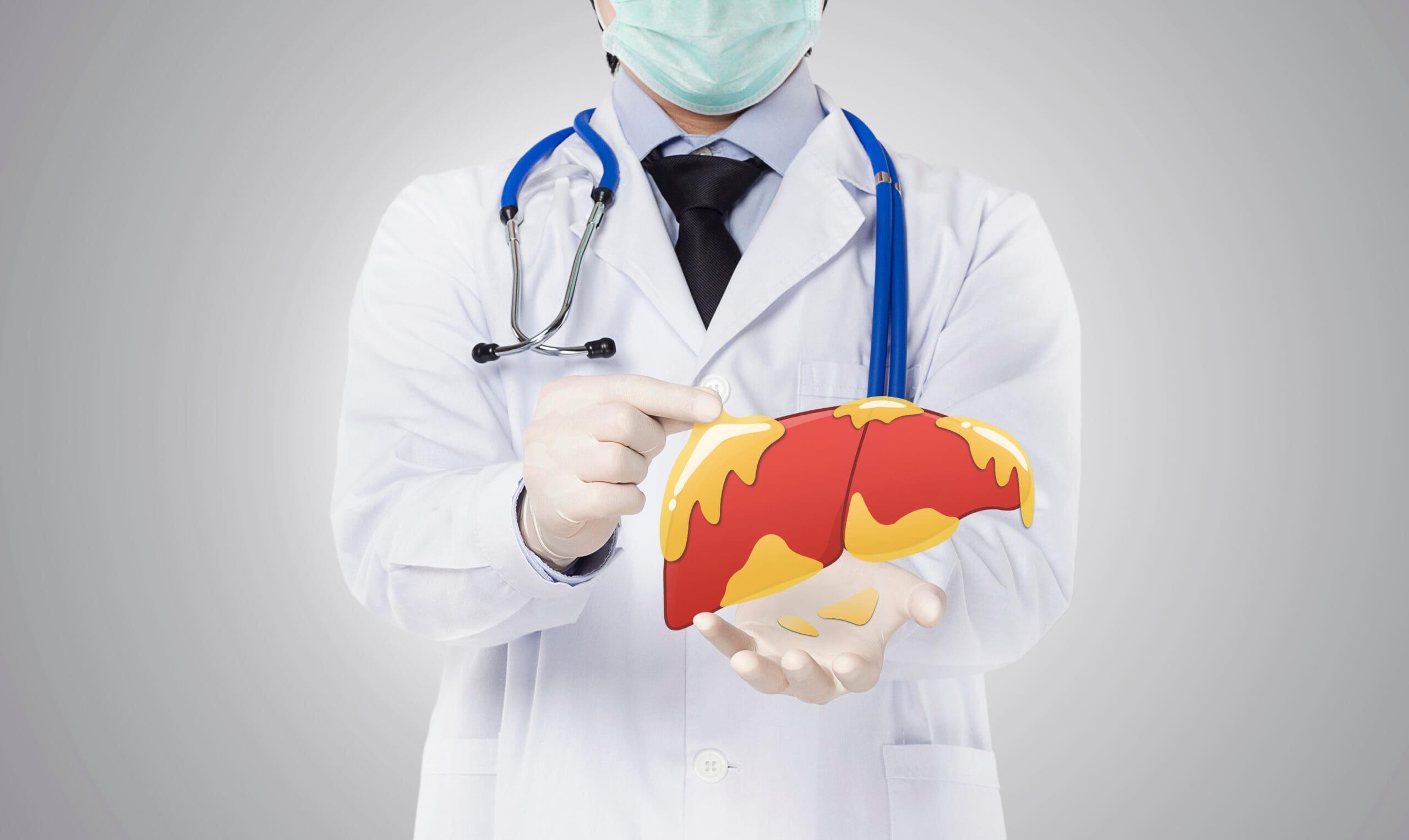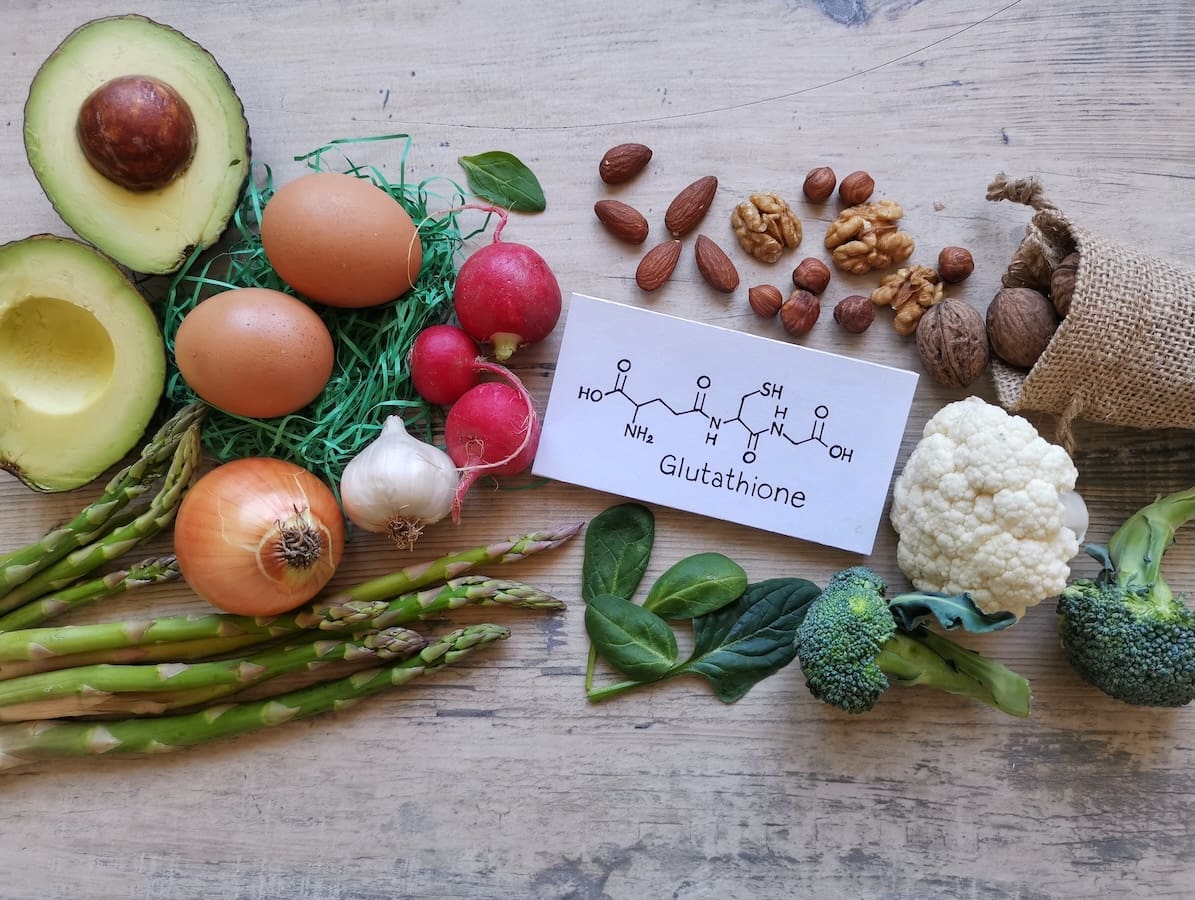Do you know the symptoms of a stomach ulcer?
By naturopath Margaret Jasinska
Indigestion is common. Are you aware of the most common symptoms of a stomach ulcer? A stomach ulcer occurs when the lining of the stomach becomes inflamed and damaged. It is referred to as a gastric ulcer. Peptic ulcer refers to an ulcer either in the stomach, or the first part of the small intestine (called the duodenum).
Stomach ulcers are quite common and many people do not recognize their symptoms until they become quite serious. Historically it was thought that stomach ulcers are caused by stress, smoking or poor diet. These days most ulcers are associated with infection with the bacterium Helicobacter pylori. The truth is that stomach ulcers are usually caused by several different factors. Yes most people are found to be infected with Helicobacter pylori, and they do feel better after antibiotic treatment. However, poor diet, stress, food allergies and nutrient deficiencies increase the risk of suffering from a bacterial infection. People with a healthy digestive system generally don’t succumb to Helicobacter pylori infection.
The conventional medical treatment for stomach ulcers is two different antibiotics and an acid suppressing drug. Most people recover, but they’re at high risk of developing Helicobacter pylori infection and an ulcer again. Fortunately there are natural supportive ways to help heal a stomach ulcer.

The most common symptoms of a stomach ulcer:
- Abdominal pain just below the ribcage
- Loss of appetite or ravenous appetite creating hunger pains
- Indigestion
- Nausea
- Vomiting
If the stomach ulcer is bleeding, this can eventually lead to anaemia. Symptoms of anaemia include fatigue, weakness and light-headedness. Blood from a bleeding ulcer will end up in the bowel motions and can make them appear much darker than usual. If you think you may have a stomach ulcer it is critical you see your doctor for a diagnosis.
What causes a stomach ulcer?
- Infection with the bacterium Helicobacter pylori. This bug is thought to be present in between 60 and 90 percent of cases of peptic ulcer.
- Side effect of medication. Several drugs are capable of causing a peptic ulcer, including aspirin, drugs for arthritis, some blood thinners and some pain relieving drugs. If you are taking one of these medications and experience any of the symptoms above, please see your doctor.
- Occasionally stomach cancer can first present as an ulcer. This is especially true in elderly people.
Dietary factors that can promote stomach ulcers
- Drinking soft drinks increases the risk of ulcers in susceptible individuals. This is because of the sugar and also the acids.
- Coffee and cigarettes can both compromise the protective lining of the stomach, increasing the risk of ulceration.
- Dairy products. Many people drink milk as a way of soothing the burning of a stomach ulcer. Some of our patients get woken at 2am from the pain of an ulcer, so they wander to the fridge and drink milk straight from the carton, in a desperate attempt to ease the discomfort. The milk temporarily soothes the ulcer, but it causes a rebound rise in inflammation, therefore you’ll probably suffer the same discomfort tomorrow.
- Small intestinal bacterial overgrowth (SIBO). This is where bacteria that normally reside in the large intestine travel upwards into the small intestine and create havoc. An overgrowth of microbes here can result in fermentation of carbohydrates in the small intestine. The microbes release gases that travel upwards into the stomach and alter the pH of the stomach, making the stomach a more favorable environment for Helicobacter pylori. Overcoming SIBO involves restoring healthy digestive function and reducing the intake of fermentable carbohydrates in the diet.
Remedies for assisting stomach ulcers
- Avoid all foods you know or suspect aggravate your ulcer. These generally include foods such as spices, citrus, tomatoes or peppers.
- Avoid dairy products. Some people can tolerate goat or sheep cheese, yoghurt or kefir.
- Avoid sugar, grains, gluten and highly fermentable carbohydrates. Fermentable carbohydrates are found in foods such as onions, cauliflower, apples, legumes and others. A low FODMAP diet is recommended. This will starve the intestinal bacteria of a food supply and help to manage small intestinal bacterial overgrowth. The low FODMAP diet is restrictive but it does not need to be followed long term; it is simply designed to restore the health of the small intestine.
- Including raw garlic in your diet is a good way to help manage Helicobacter pylori, however raw garlic may aggravate an acute ulcer, and it’s a high FODMAP food that aggravates some.
For more information see the book Healthy Bowel, Healthy Body.









Leave A Comment